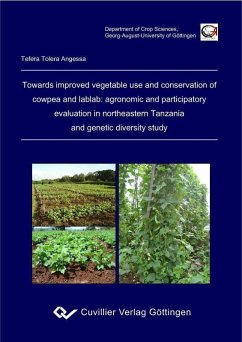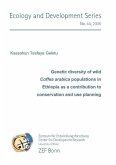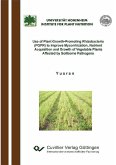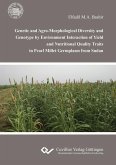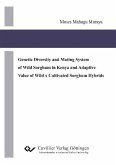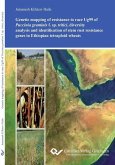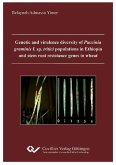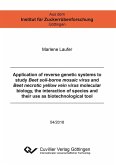The world population is increasing at high rate, while a large proportion is malnourished, hence, not only of poor health and low productivity but also with subsequent problems of cognitive development of children. Sub-Sahara African countries are most prominent in those that face a strongly increasing human population with which food production could not keep pace. In eastern and southern Africa, about 20-25% of the population is under-nourished due to poor energy and protein intake. In addition, 40% of the women in childbearing age have anemia, while a similar proportion of under-five children lack enough nutrients for normal physical development. It has been predicted that 132 million children worldwide will be malnourished with anticipated increased prevalence in Africa (IFPRI, 2001).
Wheat, rice and maize, which belong to the Poaceae family, account for more than 50% of human food globally (FAO, 1996). Also crops such as common bean (Phaseolus vulgaris), soybean (Glycine max) and groundnut (Arachis hypogaea), belonging to the Fabaceae family, play a significant role in food provision. But, these crops that received major public and private attention in research and development cannot fill the comprehensive food needs particularly in sub-Sahara Africa.
Dieser Download kann aus rechtlichen Gründen nur mit Rechnungsadresse in A, B, BG, CY, CZ, D, DK, EW, E, FIN, F, GR, HR, H, IRL, I, LT, L, LR, M, NL, PL, P, R, S, SLO, SK ausgeliefert werden.

